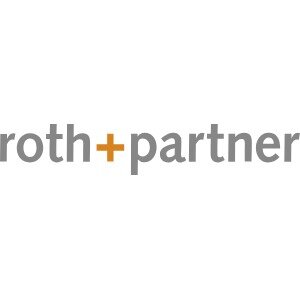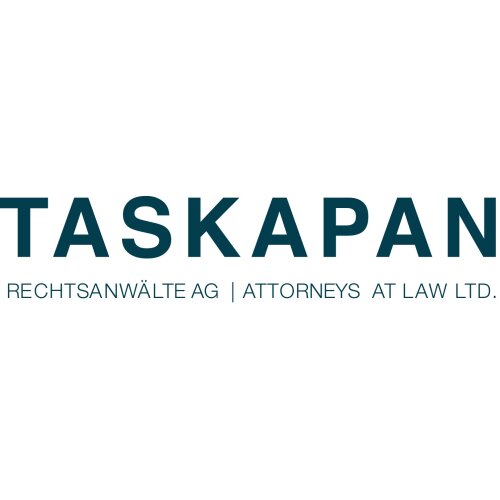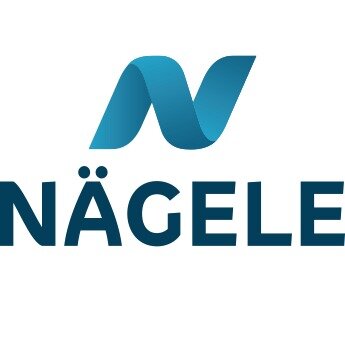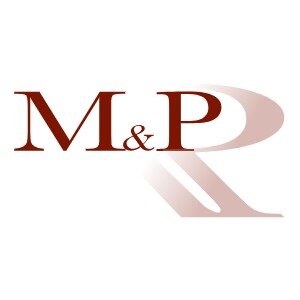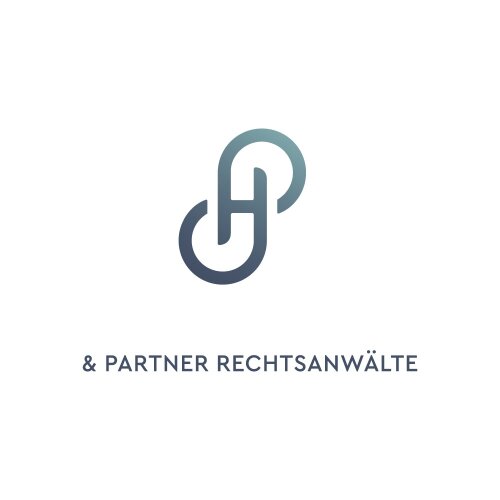Best Conveyancing Lawyers in Liechtenstein
Share your needs with us, get contacted by law firms.
Free. Takes 2 min.
Free Guide to Hiring a Real Estate Lawyer
Or refine your search by selecting a city:
List of the best lawyers in Liechtenstein
About Conveyancing Law in Liechtenstein
Conveyancing in Liechtenstein refers to the legal process involved in transferring the ownership of real property from one party to another. This process is governed by national laws and involves a range of administrative, legal, and financial steps to ensure that the transaction is valid, binding, and properly registered. Due to Liechtenstein's unique legal and property framework, it is crucial for buyers and sellers to understand the specific local requirements that apply when purchasing or selling land, houses, apartments, or commercial properties within the country.
Why You May Need a Lawyer
Engaging a qualified lawyer for conveyancing in Liechtenstein is highly recommended for several reasons. Common situations where legal assistance will be valuable include:
- Buying or selling real estate and needing to ensure all aspects of the transaction are legally compliant
- Drafting or reviewing purchase agreements and sales contracts
- Conducting due diligence to ensure the property is free of encumbrances or legal issues
- Navigating inheritance or succession cases involving property transfers
- Resolving boundary disputes or clarifying property rights
- Registering property rights with the Liechtenstein Land Register
- Managing international transactions, such as foreign buyers acquiring Liechtenstein property
Lawyers provide expertise to help prevent costly mistakes, ensure compliance with local rules, and represent your interests in negotiations or disputes.
Local Laws Overview
Liechtenstein's conveyancing process is shaped by several key legal principles and statutes, including:
- The Liechtenstein Civil Code (Allgemeines Bürgerliches Gesetzbuch- ABGB), which outlines the general framework for property transactions
- The Land Register Act, mandating all property transactions be recorded in the official register to be legally effective
- Specific rules regarding foreign ownership of property, requiring government approval in some cases
- Compulsory legal form for property contracts, typically notarized by a public notary
- Provisions ensuring clear transfer of title, payment of property transfer tax, and resolution of outstanding debts or encumbrances
Understanding these requirements is essential for a lawful and secure property transfer, as any mistake or omission can invalidate the transaction or create future disputes.
Frequently Asked Questions
What is conveyancing in Liechtenstein?
Conveyancing refers to the full legal process required to transfer ownership of real estate from a seller to a buyer. It includes drafting contracts, verifying land titles, registering changes, and meeting tax obligations.
Do I need a lawyer to buy or sell property in Liechtenstein?
While not mandatory, it is strongly advised due to the complexity of local laws, paperwork, and the need for official registration at the Land Register.
Can foreigners buy property in Liechtenstein?
Foreigners may buy property, but restrictions and approval by the government often apply, especially for residential real estate.
What documents are required for property transfer?
Commonly required documents include identification of buyer and seller, proof of ownership, land registry excerpt, the purchase agreement, and notarial certification.
Is notarization necessary in Liechtenstein conveyancing?
Yes, property purchase and sale agreements must be signed before a notary to be legally valid and to enable registration in the Land Register.
How long does the conveyancing process take?
Timelines vary by complexity but typically range from several weeks to a few months, depending on due diligence, government approval, and registration procedures.
What taxes and fees apply when transferring property?
Property transfer tax is generally payable, along with notary and registration fees. Tax rates may vary depending on property type and value.
How is property ownership registered?
Once the conveyancing is completed, ownership must be registered in the official Liechtenstein Land Register to be effective against third parties.
What happens if there are legal issues or disputes?
If issues arise, such as boundary disputes or unresolved debts, resolving them may require legal negotiation, court intervention, or mediation, with your lawyer assisting throughout.
Can I get a mortgage in Liechtenstein for property purchases?
Yes, both residents and, in some cases, non-residents may obtain financing, but conditions will depend on the lending institution and specific property involved.
Additional Resources
If you need further information or assistance with conveyancing in Liechtenstein, consider reaching out to the following resources:
- Liechtenstein Land Register Office - Responsible for all official property registrations
- Chamber of Lawyers (Liechtensteiner Rechtsanwaltskammer) - Provides lists of qualified lawyers and legal professionals
- Notaries Public in Liechtenstein - Mandatory for witnessing property purchase agreements
- Office of Justice (Amt für Justiz) - Offers general guidance on real estate law and property transactions
- Municipal offices where the property is located - Can provide details on zoning and local regulations
Next Steps
If you require legal advice or assistance in conveyancing, follow these steps:
- Gather all relevant property documents and details about your planned transaction
- Consult a qualified lawyer or notary who specializes in real estate law in Liechtenstein
- Ensure you understand the timeline, costs, and legal requirements before agreeing to any transaction
- Allow your lawyer to conduct due diligence, negotiate terms, and manage the legal paperwork
- Coordinate with all relevant authorities and ensure that the transfer is registered with the Land Register
By following these steps and working with experienced local professionals, you can safeguard your interests and ensure a smooth and secure conveyancing process in Liechtenstein.
Lawzana helps you find the best lawyers and law firms in Liechtenstein through a curated and pre-screened list of qualified legal professionals. Our platform offers rankings and detailed profiles of attorneys and law firms, allowing you to compare based on practice areas, including Conveyancing, experience, and client feedback.
Each profile includes a description of the firm's areas of practice, client reviews, team members and partners, year of establishment, spoken languages, office locations, contact information, social media presence, and any published articles or resources. Most firms on our platform speak English and are experienced in both local and international legal matters.
Get a quote from top-rated law firms in Liechtenstein — quickly, securely, and without unnecessary hassle.
Disclaimer:
The information provided on this page is for general informational purposes only and does not constitute legal advice. While we strive to ensure the accuracy and relevance of the content, legal information may change over time, and interpretations of the law can vary. You should always consult with a qualified legal professional for advice specific to your situation.
We disclaim all liability for actions taken or not taken based on the content of this page. If you believe any information is incorrect or outdated, please contact us, and we will review and update it where appropriate.
Browse conveyancing law firms by city in Liechtenstein
Refine your search by selecting a city.






